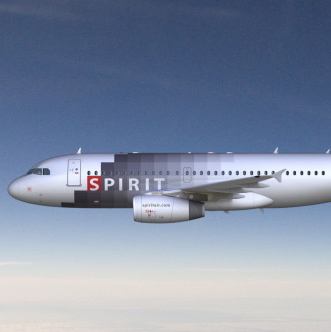Travel News
Airline Fee Transparency Debate: Spirit CEO Ben Baldanza Responds
 Peter Greenberg Worldwide Radio Spotlight: Airline Fee Transparency Debate [ 18:55 ] Play Now | Play in Popup | Download
Peter Greenberg Worldwide Radio Spotlight: Airline Fee Transparency Debate [ 18:55 ] Play Now | Play in Popup | Download
The DOT is enforcing a new protocol for airline pricing requiring airlines to: include all fees and charges in the advertised price; ban post-purchase price increase; allow passengers to hold a reservation without payment or to cancel it without penalty 24 hours after the reservation is made; disclose baggage fee information on each ticket confirmation.
Low-cost airlines including Spirit, Southwest and Allegiant claim the new laws are a restraint of free speech. Peter explores both sides of the story with CEO of Spirit Airlines, Ben Baldanza, and Kevin Mitchell, president of the Business Travel Coalition.
Peter Greenberg: Kevin, you have been arguing for this type of flight transparency for quite some time. Why do you feel this is needed?
Kevin Mitchell: Yes, Peter. A lot has changed in the airline industry in recent years and there have been no meaningful initiatives to protect passengers for probably 15 years. The airlines have fought any new rules along the way. Today we have a set of rules that will protect passengers in this new environment. For example, airlines very aggressively were unbundling their airfares in 2008, which resulted in complexity and confusion in airline pricing the likes of which have never been seen in the airline industry or any other industry. These rules are extremely important.
I would say the airlines want it both ways. They want no consumer protection rules, but they also want federal pre-emission, which means the states’ consumer rights protections laws do not come to bear on any consumer complaints in air transport.
PG: Kevin, you have to admit that’s been the case under deregulation since 1978. No state attorney general or bureau of consumer affairs can regulate the airlines, so the airlines have been able to operate in a free and open environment and to let the market rule.
KM: That’s correct but the Congress said they deregulated the airline industry so that the DOT would remain with the authority to decipher unfair and deceptive practices. That’s exactly what the DOT’s new rules are predicated upon.












